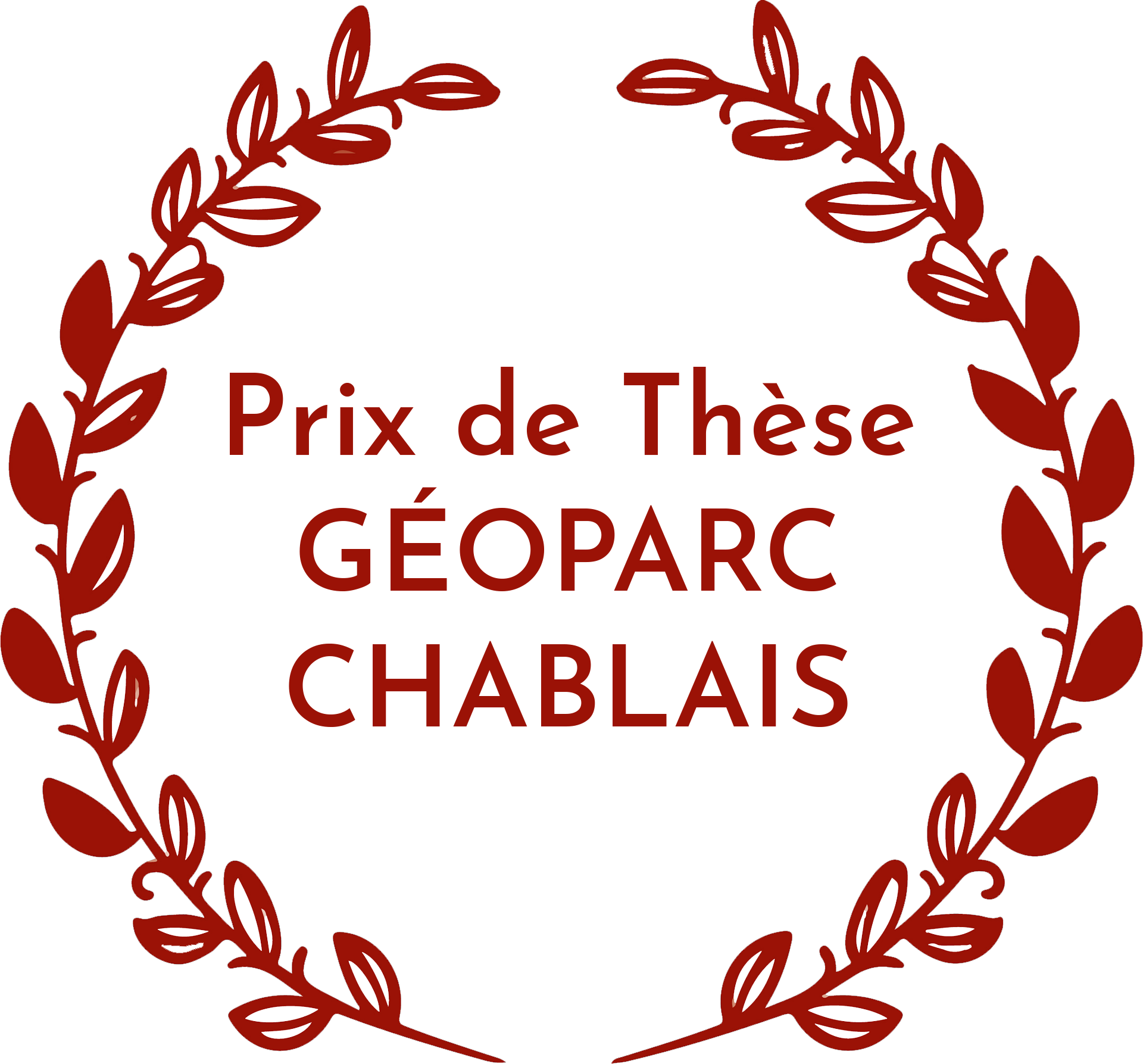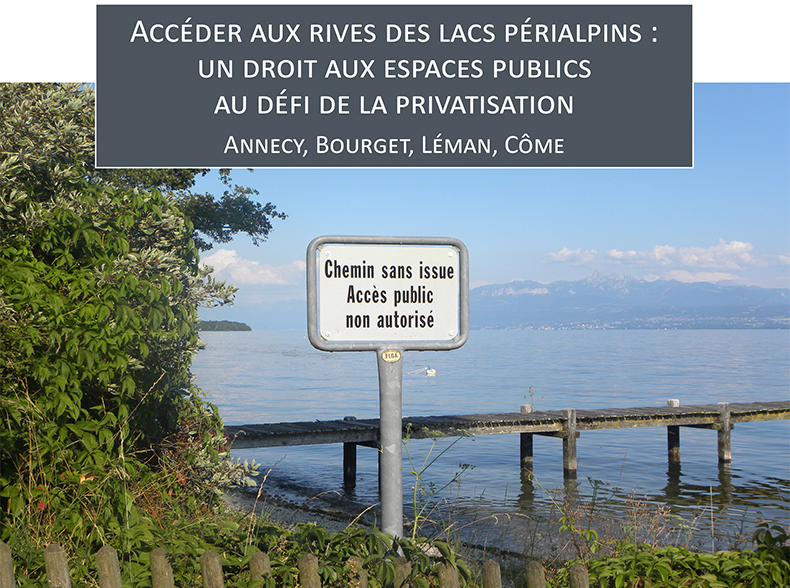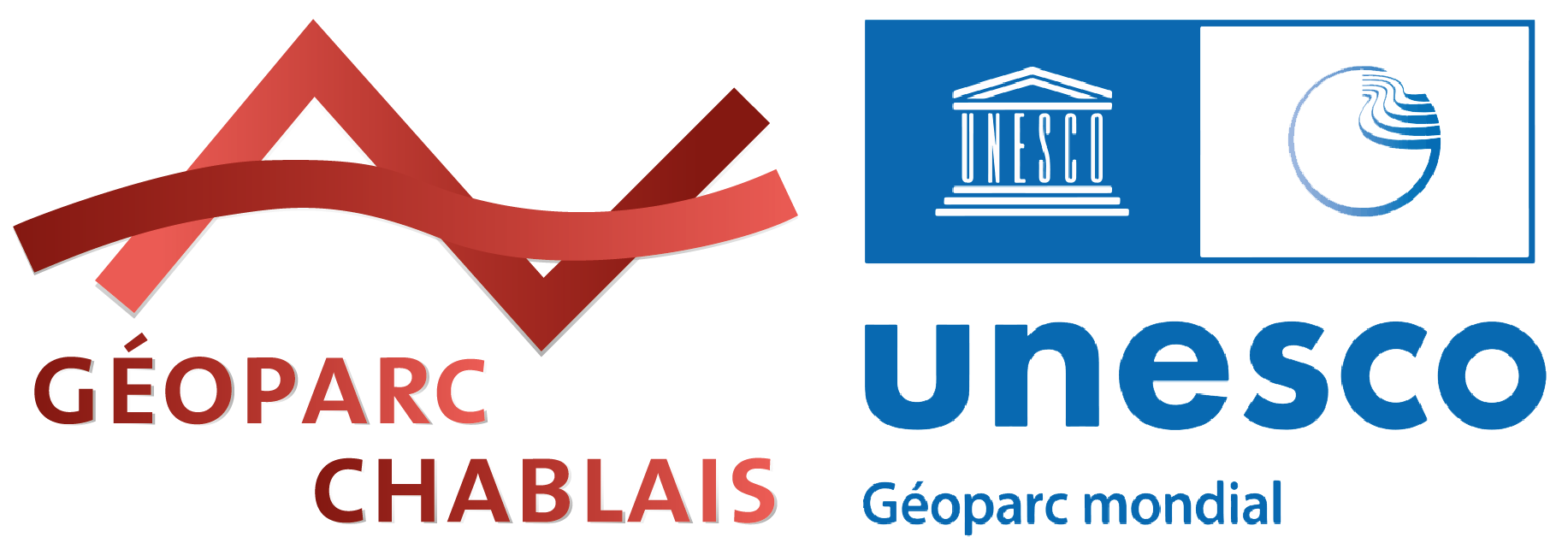Education, heritage preservation, and understanding of the area are an integral part of the Chablais’ mission as a “UNESCO Global Geopark”.

The Geopark works with academic institutions to contribute to scientific research in the earth sciences and other fields and advance understanding of the Earth and its processes. Through its Scientific Council, it helps implement and promote research carried out in the area.
The Geopark Thesis Prize was established in 2020 to identify research on the Chablais (in various disciplines such as earth sciences, life sciences, the humanities, social sciences, etc.), and share the results with local communities.
The prize is awarded to the most original thesis concerning all or part of the Chablais region. Eligible theses should be written in French or English (with an abstract in French), and must support and share the values of the UNESCO Global Geoparks.
Laureate 2020
The jury met on October 12, 2020. It awarded the 2020 thesis prize of the UNESCO Global Geopark of Chablais to Alice Nikolli for her doctoral thesis in geography, entitled “Access to the shores of pre-Alpine lakes: a right to public spaces at the challenge of privatization (Annecy, Bourget, Léman, Côme) ”. It was prepared at the Savoie Mont Blanc University, within the EDYTEM laboratory (UMR 5204 CNRS), and directed by Christophe Gauchon and Lionel Laslaz. The thesis was publicly defended on October 25, 2019 under the supervision of Professor Myriam Houssay-Holzschuch.

Alice Nikolli’s thesis “proposes to analyze access to lake shores both from the angle of the notion of public space, in the material sense of space freely accessible to all, and of a public problem, in the sense of a publicized question debated in public arenas.“
This social geography thesis, which falls within the field of human sciences, borrows for its field of study the shores of lakes Annecy, Bourget, Léman (FR, CH) and Como (IT). It draws up with originality a cartographic inventory of current accesses to the shores of the great Alpine lakes, offers a history of their privatization and explains how the problem of access to the lakes is treated by the administration, local authorities and local associations. Lake Geneva holds a special place in this study because of its size, its Franco-Swiss identity and its history.


